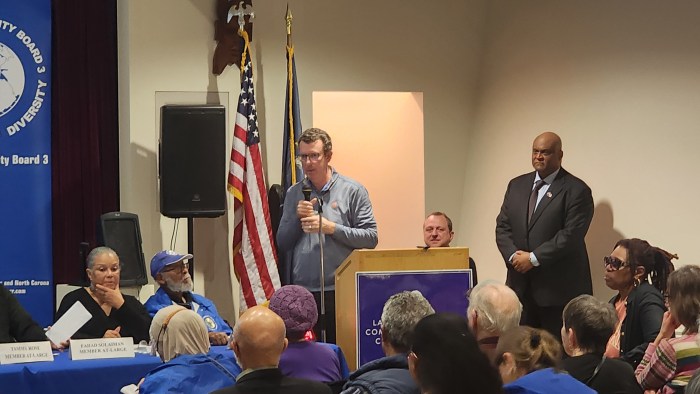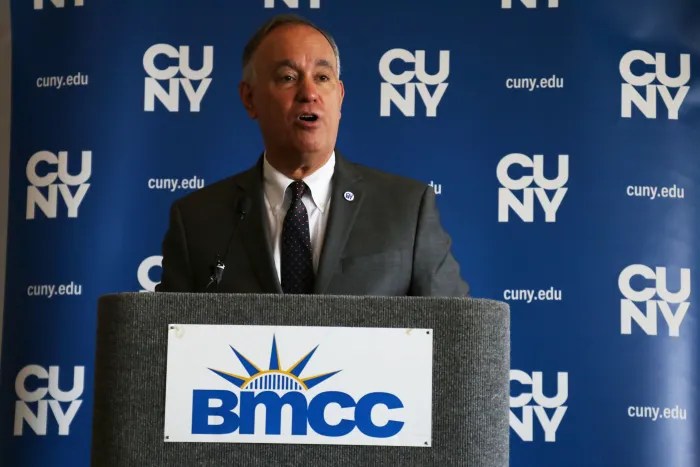Grenada has called for international collaboration and cooperation to effectively combat “cyber terrorism.”
In addressing the Washington-based Organization of American States’ (OAS) 12th annual meeting of the Inter-American Committee Against Terrorism (CICTE), on Mar. 7, Grenada’s Permanent Representative to the OAS, Gillian Bristol, the outgoing chair of the CICTE, stressed the need for such collaboration.
“The question is no longer whether our system will get attacked, but rather when,” she said. “We must be prepared.
“Responding to cyber threats does not require one government, agency or department, but cooperation and communication between entities domestically and internationally, and both in the public and private sectors, and at home, and in schools, and in centers of recreation,” the envoy added.
“We must, therefore, unite in our assessment of risk and vulnerability in order to determine the potential impact of an attack on critical infrastructure, and ensure that such infrastructure is properly protected,” she continued.
Bristol said the theme of the 12th regular session “encompasses priorities, action and collaboration necessary to face this terrorist threat at the national and hemispheric levels.”
OAS Secretary General José Miguel Insulza, who inaugurated the meeting to discuss and adopt a declaration on “Strengthening Cyber Security in the Americas,” underscored the power of rapid technological advances to provide new and valuable services to citizens. But he noted that they also offer criminals new ways to attack.
In this regard, he warned that “Cybercrime incidents can adopt a multitude of forms and lead to the gravest consequences,” alluding their connection with a variety of illegal activities, from arms trafficking and drugs to terrorism itself.
The OAS head cautioned that “our ability to respond to these threats still suffers from weaknesses,” stating that it is necessary to work to raise public awareness, promote policy making, and further training for staff directly responsible for combating it.
Regarding the role of the OAS and the CICTE, Insulza highlighted the “development of a modern view of cooperation between the public and private sectors, with the latter owning and operating most of the information structure on which our countries depend.”
In addition, the Secretary General identified the objectives of CICTE for next year: “Support those Member States that have not yet set up their National Computer Security Incident Response Teams (CSIRTs), improving the technical capacities of the personnel at existing national CSIRTs, Promoting the development of national frameworks or strategies for cyber security, and increasing and consolidating the existing regional and international cooperation, together with private sector cooperation, on topics related to cyber security and, most particularly, to the protection of critical information infrastructure.”
The inaugural ceremony of the 12th Regular Session of CICTE featured a special presentation from Jamie Saunders, Director of International Cyber Policy at the Foreign and Commonwealth Office of the United Kingdom.
The British diplomat highlighted the need for collaboration between public and private sectors in order to combat cyber terrorism, and explained the details of the tactics developed in his country.
Saunders said the government’s effort to combat terrorist threat on the Internet was “a clear recognition of the enormous benefits in economic and social terms that we are all seeing from the rapid development of a globally networked world.”
He maintained that, unfortunately, sometimes, “the many meetings of this kind, by quite understandably focusing on threats and risks, tend to create a negative view of cyberspace.”
The CICTE was created in 1999 with the goal of promoting national, regional, and international cooperation in order to prevent, combat, and eradicate terrorism in the Americas.




















